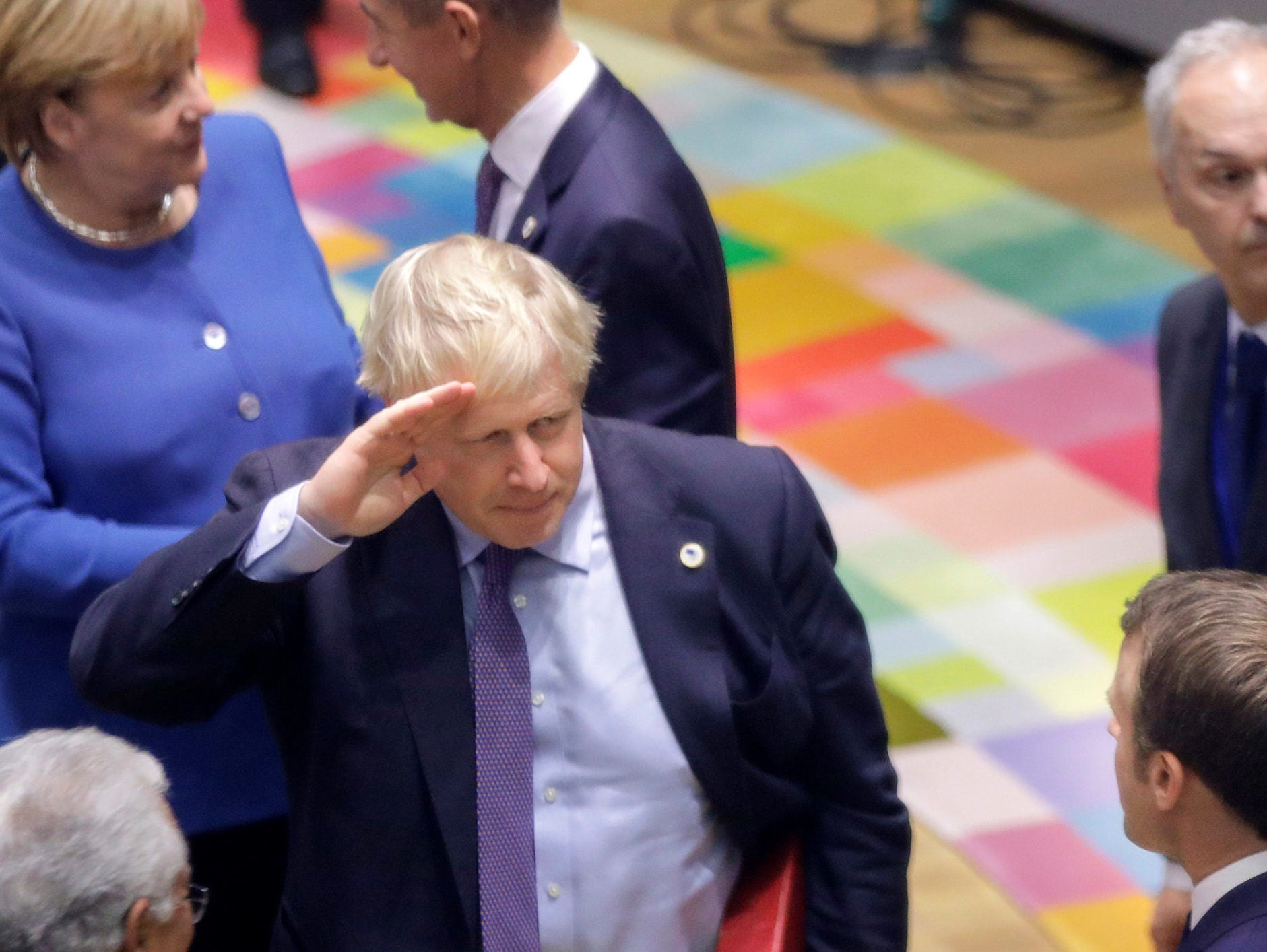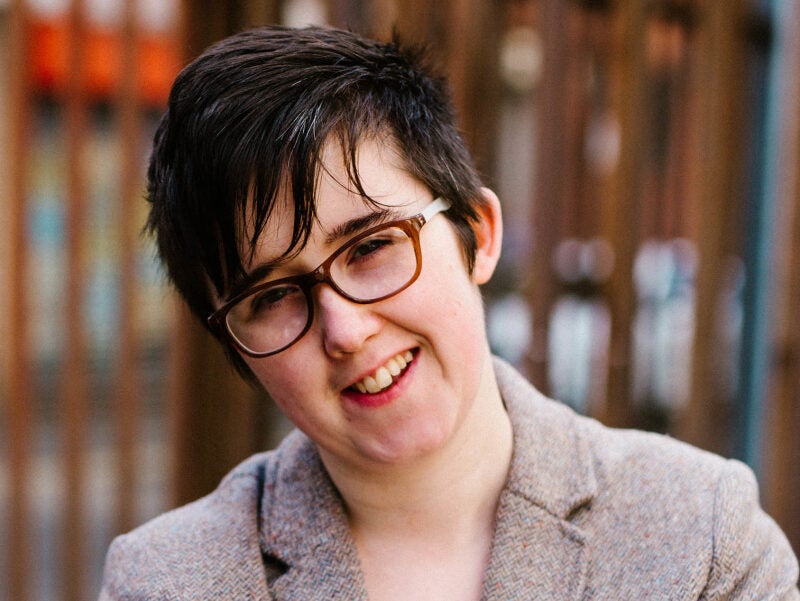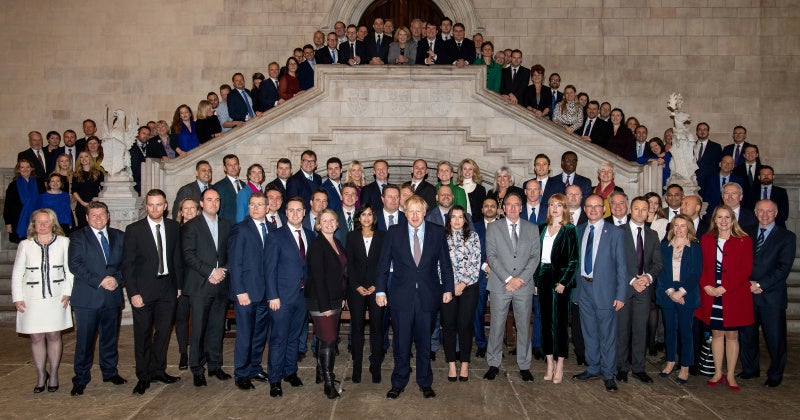
Foresight News provides a look-ahead to the key events that need to be in your news diary for next year…
With next week a little quiet on the news front, we’ve decided to look ahead to the big highlights for 2020. Here are some important dates for your diary:
January
The first landmark global news event of 2020 sees disgraced Hollywood mogul Harvey Weinstein go on trial in New York for rape (6 January). Weinstein has pleaded not guilty to three charges against two women.
The second phase of the inquiry into the Grenfell Tower disaster opens (27 January), with the final report due in 2021.
The key event of the month is undoubtedly the UK’s exit from the EU (31 January), when after three years, three Prime Ministers, two general elections and two enforced delays, Britain finally “gets Brexit done”.
February
The first same-sex marriages in Northern Ireland are expected (from 10 February) for couples who give their notice when the unions are officially legalised in January.
The Independent Inquiry into Child Sexual Abuse holds a preliminary hearing into the allegations made against the late Lord Janner (20 February), while Julian Assange is scheduled to face a full five-day extradition hearing (25 February) as the US looks to charge him with conspiracy to commit computer intrusion.
This month also sees the beginning of the Six Nations rugby tournament (1 February), the Super Bowl LIV (2 February), the British Athletics Indoor Championships (22 February) and the Saudi Cup (29 February), the world’s new richest horse race, which will see the winner take home $10m.
March
Former Scottish First Minister Alex Salmond goes on trial in Edinburgh for alleged sex offences, and a criminal trial opens in the Netherlands where three Russians and a Ukrainian are accused of involvement in the 2014 MH17 crash (both 9 March).
The new leader of the Liberal Democrats gets a first chance to address party members at Spring conference in York (13 March), while the Labour Party is also expected to elect a new leader and deputy this month.
Lewis Hamilton begins the chase for his seventh championship as the Formula One season opens in Australia (15 March), before Oxford attempt to reclaim the title in the Boat Race (29 March) after victories for Cambridge in both the men’s and women’s race last year.
April
The inquiry into the 2017 Manchester Arena suicide bombing is expected to begin (6 April) amid criticism that Greater Manchester Police were delaying proceedings by failing to submit handwritten statements to the inquiry.
Northern Ireland marks one year since journalist Lyra McKee (pictured, below) was murdered (18 April) while covering rioting in Derry. An anthology of her work, Lyra McKee: Lost, Found, Remembered, is published at the beginning of the month (2 April).
The White House Correspondents’ Association Dinner is held at The White House (25 April). In one of his many breaks with tradition, President Trump has not attended since taking office.

Lyra McKee. Picture: Excalibur Press
May
Facebook’s annual developers’ conference, F8, opens in San Francisco (5 May) and features product updates along with a keynote by founder Mark Zuckerberg.
Local elections take place across the UK (7 May), including the London Mayoral race, where incumbent Sadiq Khan faces former Conservative leadership candidate Rory Stewart, who is running as an independent.
This year’s VE Day (8 May) marks 75 years since the end of World War Two in Europe, while Russia holds its celebrations the following day (9 May). Its annual military parade is set to be attended by a host of foreign leaders, with US President Donald Trump notably among those invited.
Government funding for over-75s TV licenses is set to expire (31 May). Boris Johnson (pictured) made an election pledge to save free licences for pensioners, vowing to talk to the BBC and “sort it out”.
June
UEFA’s Euro 2020 tournament kicks off (12 June) in what is the highlight of a typically sport-heavy month which also features horseracing at Epsom (6 June) and Ascot (12 June), MLB games in London (13 June), a likely Saracens-free Premiership rugby final (20 June) and a potential Andy Murray return at Wimbledon (29 June).
Glastonbury marks its 50th year (24 June) and festival organiser Emily Eavis has already confirmed Sir Paul McCartney and Taylor Swift as two of the three headliners for the historic anniversary event, while Diana Ross takes the stage for the iconic Legends slot.
July
The sporting action continues this month with football coming home for the final of Euro 2020 at Wembley (12 July), before the Wimbledon finals weekend (12-13 July), the Open Championship (16 July) and the opening of the 2020 Olympic Games in Tokyo (24 July).
Delegates from the Democratic Party convene in one of the most closely-watched swing states to choose their party’s nominee for President at the Democratic National Convention in Milwaukee (13 July) ahead of the November election.
This month also sees exploration of the Red Planet advance with the launch of the NASA Mars Rover (17 July) and European Space Agency ExoMars Rover (25 July).

The New National Stadium, the main stadium of Tokyo 2020 Olympics and Paralympics, after the construction completion ceremony in Tokyo, Japan December 15, 2019. Picture: Reuters/Issei Kato
August
Quarterly GDP (10 August) and migration (27 August) statistics are published, covering the first full quarter (April to June) since Brexit. And a summer staple for news coverage: students receive their A-level (13 August) and GCSE (20 August) results.
August marks a number of Second World War anniversaries: the 75th anniversaries of the 1945 atomic bombings of Hiroshima (6 August) and Nagasaki (9 August), and the 80th anniversary of the Battle of Britain, which had been ongoing for more than a month when Winston Churchill delivered his famous “never in the field of human conflict was so much owed by so many to so few” speech in the House of Commons (20 August).
The sporting summer continues with the highlight of the Summer Olympics, the men’s 100m final (2 August), followed by The Hundred cricket finals (14 and 15 August), the opening of the Paralympic Games (25 August), and the US Open (31 August).
September
The world marks the 75th anniversary of the formal end of the Second World War (2 September), likely to be the last major landmark to be commemorated with those who fought.
This year’s party conference season will feature debut leader’s speeches at Labour’s gathering in Liverpool (from 19 September) and the Liberal Democrats’ meeting in Brighton (from 26 September), with the new men or women in charge of both parties facing an uphill struggle to rally members after last year’s electoral drubbing.
The UN General Debate opens in New York (22 September), and international eyes will stay trained on the US for the first presidential TV debate a week later (29 September).
October
Boris Johnson presides over his second party conference as Prime Minister (4 October) and he’ll be joined in Birmingham by the 109 new Conservative MPs and one or two others who made the short journey from the House of Commons to the Lords in December.
The opening of the IMF/World Bank’s annual meetings (16 October) is preceded by the Fund’s flagship World Economic Outlook (13 October) and Global Financial Stability (14 October) reports.
The final US presidential election debate (22 October) marks the last direct showdown between President Trump and the eventual Democratic candidate before November’s vote. Trump triumphed in 2016 despite polls indicating he lost all three head-to-head debates against Hillary Clinton.

British Prime Minister Boris Johnson poses with newly-elected Conservative MPs at the Houses of Parliament in London, Britain December 16, 2019. Leon Neal/Pool via Reuters
November
Following a full four years of campaigning – President Trump filed his 2020 papers on the day of his inauguration – voters go to the polls in the United States (3 November). The election is one of the most consequential in recent years, with Trump having become only the third President in US history to be impeached by the House of Representatives.
Saudi Arabia hosts world leaders at the G20 Summit in Riyadh (21 November), having taken over the presidency from Japan last December.
The UK hosts COP26, the annual UN Climate Change Conference, in Glasgow (9 November). Last year’s conference in Madrid was widely considered to be a failure due to the inadequate commitment from world leaders.
December
Time Magazine’s Person of the Year is announced (10 December) on the same day as the final European Council of the year begins. The two-day gathering of EU leaders will, in theory, will be the last before the UK fully leaves the bloc following the transition period, with or without an agreement on its future trading relationship with its largest export market.
The 25th anniversary of the signing of the Dayton Accords in Paris in 1995, which ended the war in Bosnia (14 December) comes just ahead of the 10th anniversary of the self-immolation of Mohamed Bouazizi (17 December), the Tunisian street vendor whose death is considered to have sparked the Arab Spring.
And 31 December is currently the date on which the UK will truly leave the European Union. Despite concerns regarding the feasibility of reaching and approving an agreement on all aspects of the future relationship between the UK and EU by today, Boris Johnson has vowed to end the transition period come what may today. Cliff, meet Edge.
Download our free 2020 news calendar to help keep track of these events and hundreds more.
The news diary is provided in association with Foresight News.

Picture: Olivier Matthys/Pool via Reuters
Email pged@pressgazette.co.uk to point out mistakes, provide story tips or send in a letter for publication on our "Letters Page" blog
